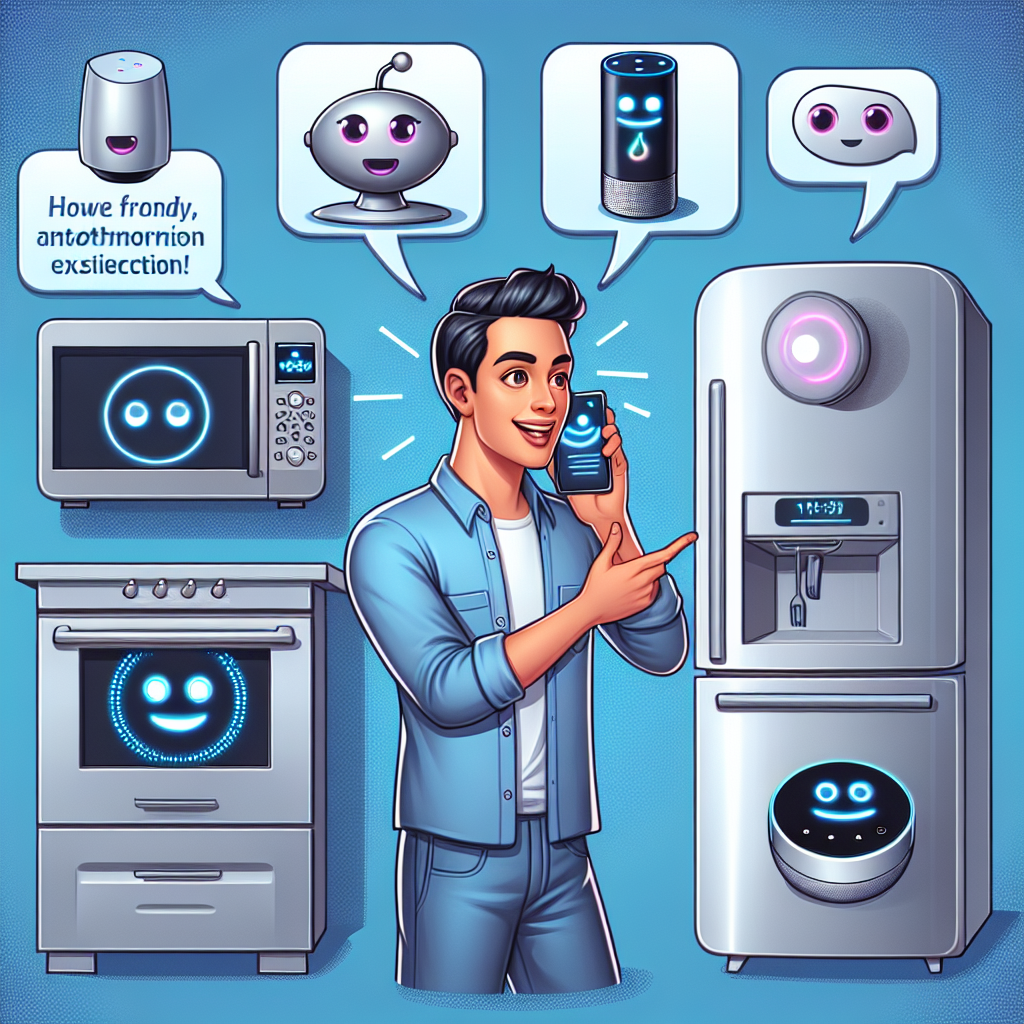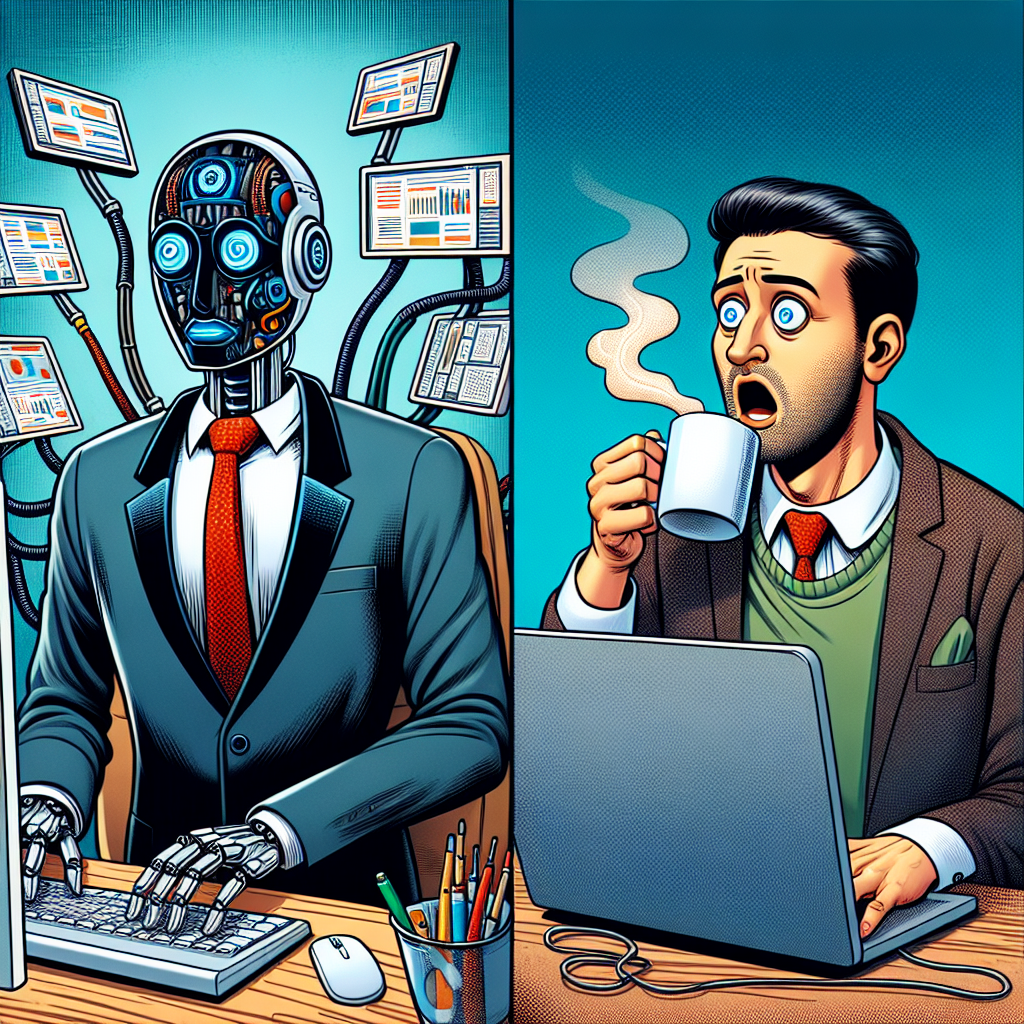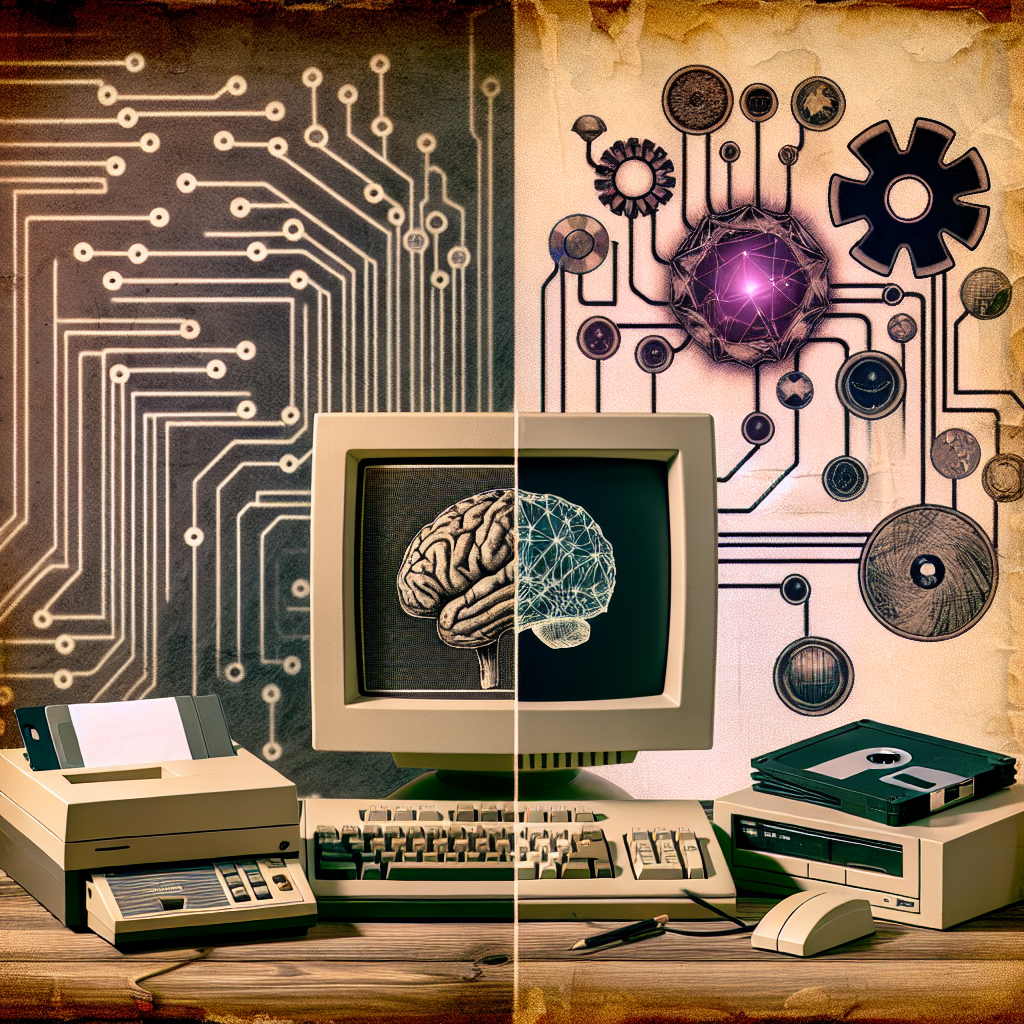Picture this: You’re sitting in a doctor’s office, nervously tapping your foot while waiting for the results of your annual check-up. The door creaks open, and in walks… a robot? Hold up, did we just time-travel to the set of a sci-fi movie?
Welcome to the not-so-distant future of healthcare, where your new BFF might just be an AI doctor. That’s right, Artificial Intelligence is making house calls, and it’s not just to binge-watch Grey’s Anatomy with you.
As we speak, AI is infiltrating the world of stethoscopes and tongue depressors faster than you can say “ahhh.” From diagnosing diseases to prescribing treatments, these silicon-based sawbones are shaking up the medical world like a well-mixed bottle of cough syrup.
But here’s the million-dollar question (or should we say, the million-bitcoin question?): Are these AI docs our new best friends forever, ready to cure what ails us with a click of a button? Or are they a potential health nightmare, more likely to confuse our flu symptoms with an alien invasion?
Buckle up, buttercup, because we’re about to dive deep into the world of AI healthcare. It’s time to find out if these digital docs are here to heal or if they’re just a pain in the… well, you know where.
Ready for some good news? AI doctors might just be the superhero sidekicks we never knew we needed in our health journey. Think of them as the Robin to your Batman, except instead of fighting crime, they’re battling diseases and keeping you in tip-top shape.
Personalized Health Tips with AI
Imagine having a pocket-sized health guru that knows you better than you know yourself. These AI docs can analyze your data faster than you can say “hypochondriac” and dish out tailored advice. Forget generic “eat your veggies” lectures; we’re talking about AI that knows you secretly love kale smoothies but can’t stand broccoli. It’s like having a best friend who remembers all your quirks, minus the judgmental eye-rolls.
AI as Personal Health Reminder
These digital docs are also your personal health reminders. Forget sticky notes and phone alarms; AI’s got your back. “Hey, it’s time for your 3 PM calcium gummy bear!” or “Don’t forget to do your awkward stretches in public today!” They’re like that friend who always remembers your birthday, except they’re reminding you to stay alive.
Precision Medicine with AI
Precision medicine is like a tailor-made suit, but for your health. AI can analyze your genetic makeup, lifestyle, and environment faster than you can say “DNA,” crafting treatments that fit you like a glove. No more one-size-fits-all approach; we’re talking about healthcare that’s as unique as your fingerprint (or your embarrassing high school yearbook photo).
Financial Benefits of AIhealthcare
All this personalized care could lead to some serious cost savings. Imagine a world where your wallet doesn’t cry every time you visit the doctor. AI could help predict health issues before they become major problems, saving you from costly treatments down the road. It’s like having a crystal ball, but instead of predicting your love life, it’s forecasting your health (and saving you a pretty penny in the process).
But the benefits don’t stop there. These silicon smartypants can analyze data from hospitals and research trials faster than you can Google “Is this mole normal?” This means better patient outcomes across the board. It’s like having a medical Sherlock Holmes, connecting dots and solving health mysteries at lightning speed.
AI Science in Healthcare
To put it in perspective, imagine if your local hospital was a detective agency. Traditional methods would be like having a team of Scooby-Doo investigators – well-meaning but often distracted by snacks. Now, add AI to the mix, and suddenly you’ve got a squad of Sherlock Holmes’ on steroids, cracking cases left and right.
Are AI Doctors Our New BFFs?
AI doctors certainly seem to be shaping up that way. They’re always there when you need them, they remember everything about you (without the awkward “I forgot your name” moments), and they’re working tirelessly to keep you healthy. Plus, they never get tired of your bad jokes or complain when you call at 3 AM worried about that weird clicking sound your knee is making.
Challenges and Concerns in AIhealthcare
Every superhero has its kryptonite. Here, we’ll explore some of the challenges and concerns that come with this brave new world of AIhealthcare. After all, even the best of friends have their flaws, right?
Privacy Concerns with AI
First up on our list of potential party poopers: privacy concerns. Remember that time you accidentally ‘liked’ your ex’s vacation photo from three years ago? Well, imagine if AI had access to your entire medical history. Suddenly, that embarrassing rash from your college years isn’t so secret anymore. It’s like having a gossip for a doctor, but instead of spreading rumors at the water cooler, it’s spreading your medical data across the digital realm.
Data Accuracy Issues
Let’s talk about data accuracy. We’ve all seen how autocorrect can turn “I’m fine” into “I’m on fire.” Now imagine that level of oops in your medical records. One misplaced decimal point and suddenly you’re being treated for gigantism instead of gingivitis. It’s like playing a high-stakes game of Chinese whispers, but with your health on the line.
Accountability in AI Errors
What happens when AI makes a mistake? It’s not like we can send it to the naughty corner or revoke its stethoscope privileges. We’re entering a brave new world where “the computer did it” becomes a legitimate medical excuse. It’s all fun and games until AI diagnoses your common cold as an alien invasion (although, let’s be honest, that would make for a much more interesting sick day).
The Human Touch in Healthcare
Let’s not forget about the human touch. Sure, AI might be able to diagnose faster than you can say “hypochondriac,” but can it deliver bad news with a comforting pat on the back? Can it laugh at your terrible jokes to make you feel better? Last time we checked, robots weren’t exactly known for their bedside manner.
Conclusion: AI Doctors – Friend or Foe?
Are AI doctors our new BFFs or health’s worst nightmare? Like any good friendship, it’s complicated. They have the potential to revolutionize healthcare, making it more personalized, efficient, and accessible than ever before. But like that friend who always borrows money and forgets to return it, they come with their own set of challenges.









